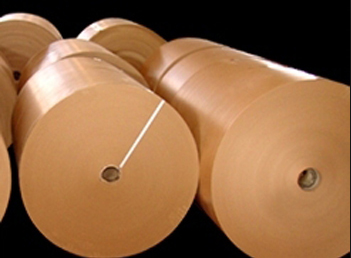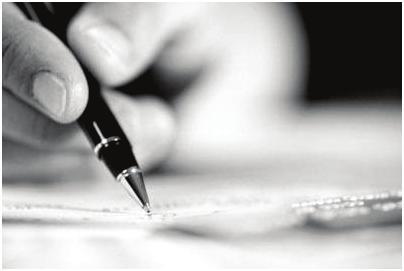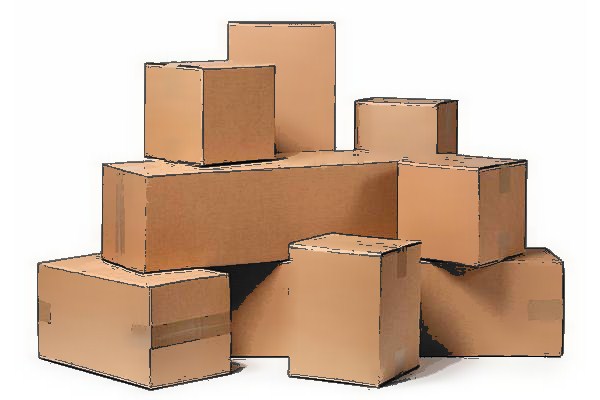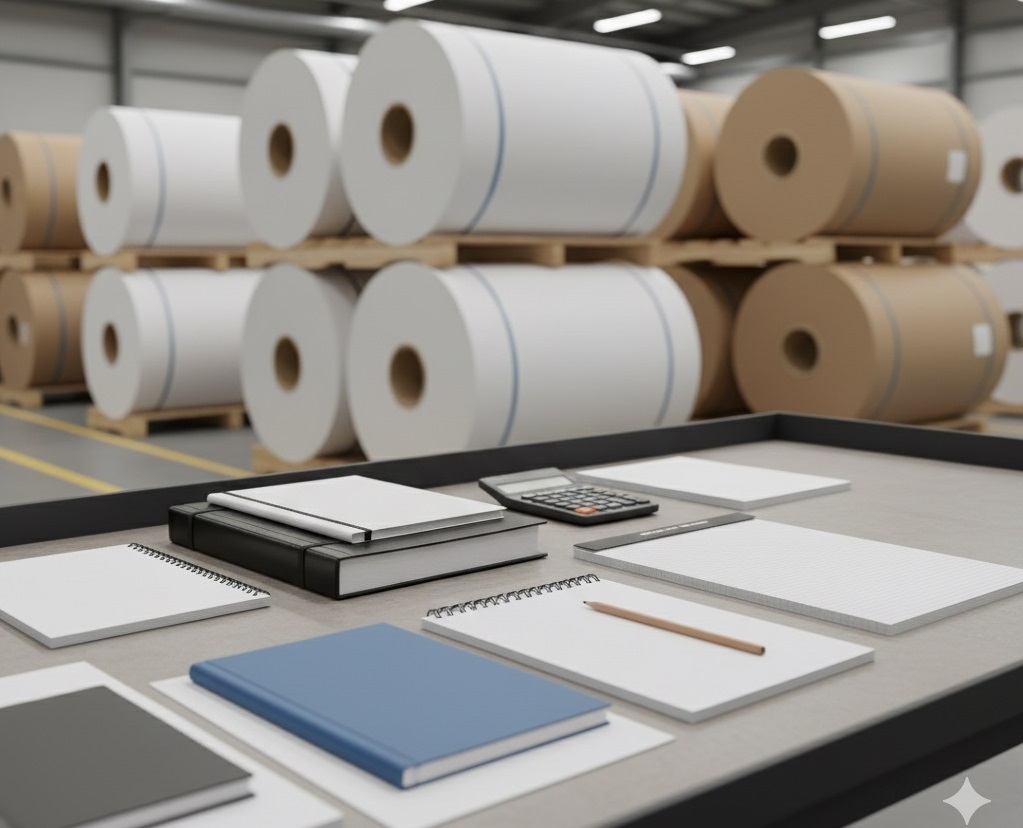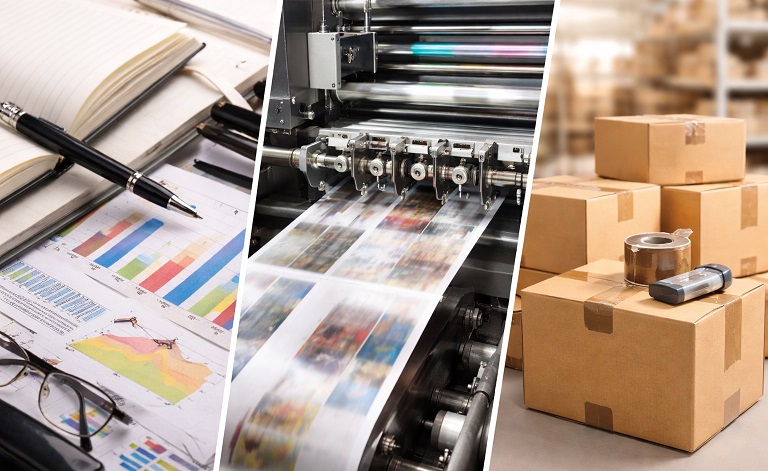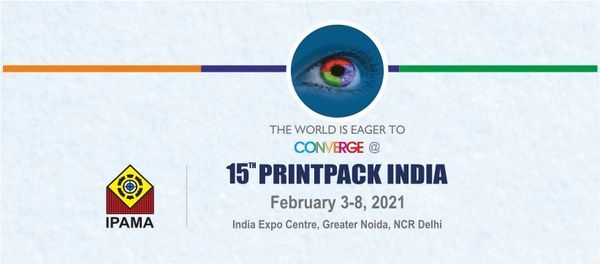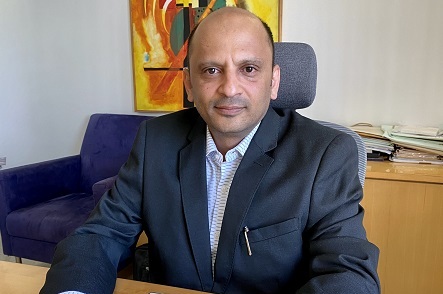21st Feb 2025 Deadline: Is India willing to accept waste (recovered paper)? Is a Domestic Waste Management System in place? WSR effective 2027
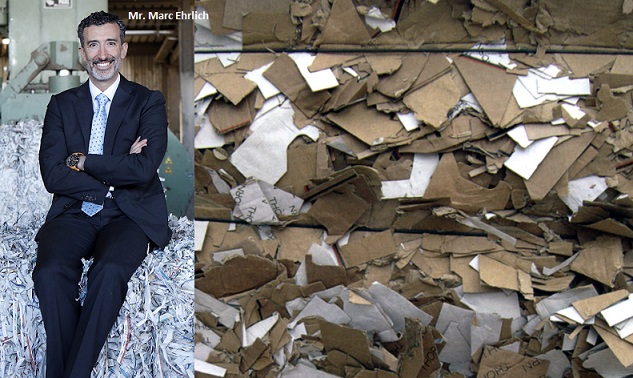
21st Feb 2025 Deadline: Is India willing to accept waste (recovered paper) ? Is a Domestic Waste Management System in place? WSR effective 2027
-Most buyers in India will no longer be able to receive any recovered paper from Europe after this date
-Non-OECD countries, including India, must inform the EU Commission that they are willing to accept waste from Europe by 21, Feb 2025
-Indian paper mills that rely on recovered paper from Europe for producing high-quality paper (High BF) will suffer more
The article below is written by Mr. Marc Ehrlich, CEO of Vipa Group, on the EU’s Waste Shipment Regulation (WSR), which is set to be implemented from 2027. The full implementation of this regulation will hamper waste paper exports to India. WSR aims to ensure that waste is managed in an environmentally sound manner.
The Pulp and Paper Times
Everybody has heard the joke: “The US invents the smartphone, Europe makes a law about it, and China copies it to sell it at half price.”
When it comes to recycling, this is no joke anymore, and we can see the dramatic effect of good intentions without good knowledge.
What are we talking about? Waste materials collected in Europe for recycling are processed by a recycling company to become raw materials for the industry.
These recycled materials have a market price, buyers, and industry specifications and do not pollute the environment. They are by no means waste or garbage anymore and should thus not be considered waste from a legislative point of view. However, this is not how the EU Commission sees it. Have you ever heard of ocean pollution caused by recovered paper or scrap copper worth $10,000 per ton? The EU Commission apparently has and wants to protect the world against it. How? By restricting exports to a level that can be considered a ban. The legislative approach is called the Waste Shipment Regulation (WSR), under which recovered paper is fully classified as waste.
The issue at hand, or more precisely, the issue on February 21, 2025, is that non-OECD countries, including India, must inform the EU Commission that they are willing to accept waste from Europe. Not only is this misleading, but furthermore, non-OECD countries will need to convince the EU Commission in a humiliating manner that they have a domestic waste management system similar to the European system, a so-called “Environmentally Sound Management” (considering there are at least 27 different systems in EU countries) and that they can handle these “waste” imports. Who will judge if the importing system is fit? The EU Commission, of course, in a typical post-colonial manner. This is the same organization that took more than six months to correct a typographical mistake that the Indian government made during the last revision of the waste shipment regulation in 2021.
Beyond the misunderstanding of the type of material being shipped—clean recycled materials intended for use as ecological raw materials, not waste—there is also pressure from European industry, including paper mills, to keep raw materials abundant and cheap in Europe.
This is very short-sighted, as it will lead to low material prices in the short term, followed by a lack of investment, and eventually a drop in the collection of recyclable materials. This has been witnessed in multiple countries in the past. It will be a lose-lose situation: recycling companies will lose volume and value, stop investing in infrastructure, paper mills will have fewer raw materials, and citizens who were educated to sort waste at home will be disheartened to learn that their efforts are futile, as the materials will likely end up in landfills or incineration.
There is now a deadline of February 21. Let’s hope the Indian government responds in due time. However, this will not be the end of the story. The submission must be approved by EU authorities, followed by another barrier: as of 2027, buyers of recycled materials will need to undergo an audit to confirm that they operate with the same level of environmental consciousness as European mills. Once again, this is about Environmentally Sound Management. Believe it or not, the EU Commission claims that this post-colonial attitude is for everyone's benefit.
The full implementation of the new regulation is scheduled for May 21, 2027 and will have a guillotine effect. It is very likely that most buyers in India will no longer be able to receive any recovered paper from Europe after this date.
Unless non-OECD countries wake up and fight this absurd legislation. Time is now.
About Vipa Group:
Headquartered in Lausanne, Switzerland, Vipa Group was founded in 1965 by Michel Ehrlich. Today, the group is based on two different activities: the collection & sorting of all kinds of waste and the trading of recovered paper, prime paper, stock lots, other recyclable raw materials, and recycling services. With a pre-established market presence in Europe, the United States, India and Southeast Asia, Vipa Group handles more than 3 million tonnes of materials annually. The family-owned company is now managed by CEO Marc Ehrlich, son of Michel, who joined the company in the late 1990s
Web Title: 21st Feb 2025 Deadline: Is India willing to accept waste (recovered paper) ? Is a Domestic Waste Management System in place? WSR effective 2027




 Join WhatsApp Group
Join WhatsApp Group Join Telegram Channel
Join Telegram Channel Join YouTube Channel
Join YouTube Channel Join Job Channel (View | Submit Jobs)
Join Job Channel (View | Submit Jobs) Join Buy Sell Channel (Free to Submit)
Join Buy Sell Channel (Free to Submit) Paper News Headlines Channel (Free to read)
Paper News Headlines Channel (Free to read)




